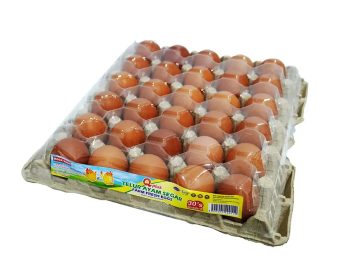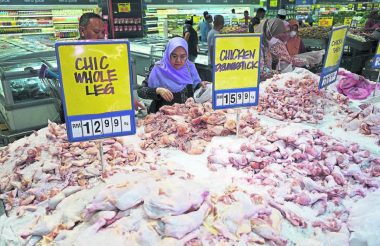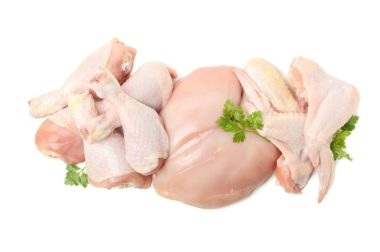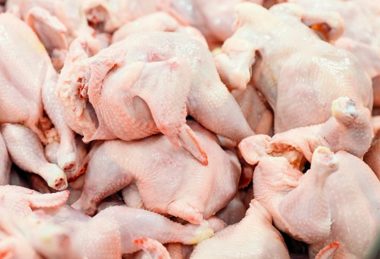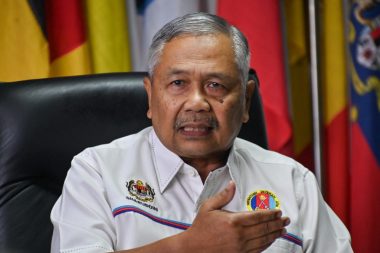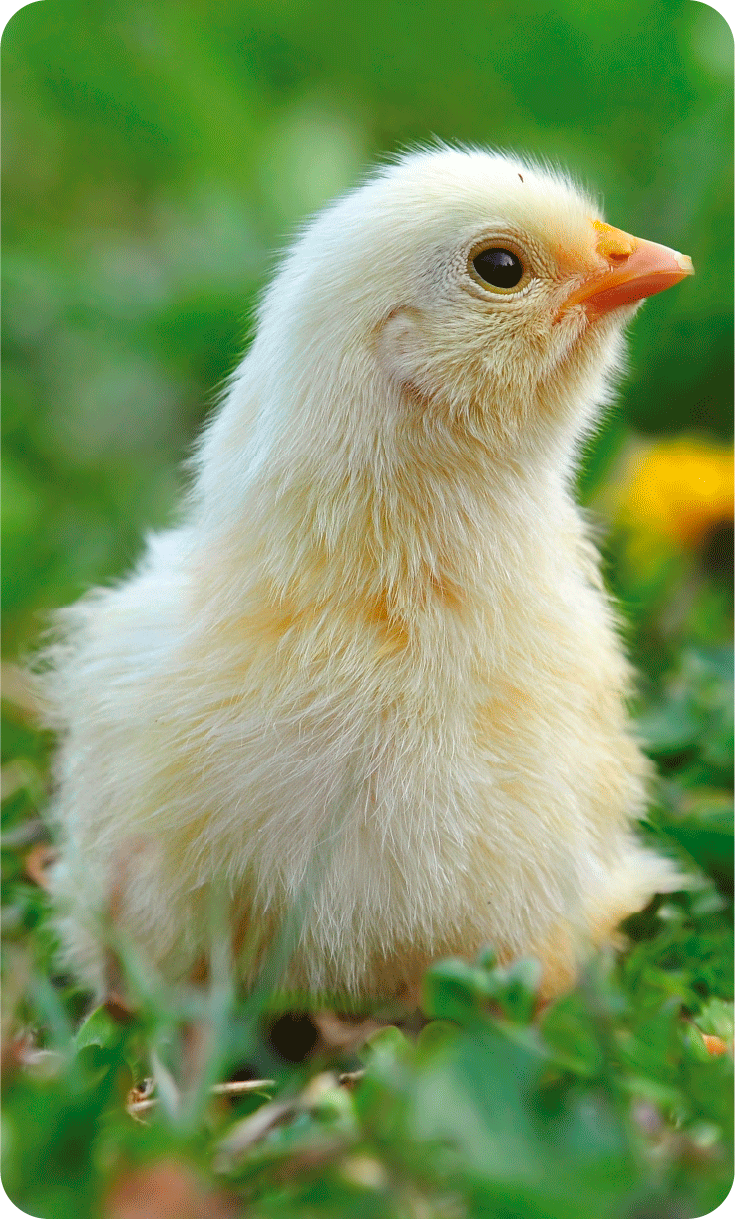04 Apr 2025
Malaysia yet to decide on regionalization for US poultry imports amid new tariff concerns
The Southeast Asian country has not made any decision on a proposed regionalisation arrangement that could allow for a partial resumption of poultry trade with the United States.
Kandungan boleh didapati di:
English
Malaysia has not made any decision on a proposed regionalization arrangement that could allow for a partial resumption of poultry trade with the United States, a newly released report reveals.
The country imposed a ban on all live poultry and poultry products from the US in June 2022 due to concerns over highly pathogenic avian influenza (HPAI), according to the 2025 National Trade Estimate Report released by the US Trade Representative on March 31.
Regionalization arrangement
To address this, the US Agriculture Animal and Plant Health Inspection Service (Aphis) proposed a regionalization arrangement in December 2022. Under this proposal, only areas affected by HPAI would face trade suspensions, allowing poultry exports to continue from unaffected regions. However, Malaysia has yet to complete internal discussions on the matter.
“Aphis subsequently provided additional information about its HPAI control programs at the request of the Malaysian veterinary services department,” the report noted. “But to date, Malaysia has not completed internal decision-making to begin discussion on a regionalization arrangement.”
Latest tariff impacts
The uncertainty over regionalization comes at a time when the latest tariffs announced by President Trump could further complicate poultry trade between the two countries. The proposed tariffs, which target Malaysian exports, may trigger retaliatory measures or influence Malaysia’s approach to future trade agreements, including poultry imports.
Industry observers suggest that if tariffs lead to strained trade relations, it could delay or even derail discussions on lifting the poultry ban, affecting US exporters seeking to regain access to the Malaysian market.
While the US continues to push for regionalisation to reopen trade channels, Malaysia’s stance remains unclear amid shifting trade policies and concerns over domestic poultry supply stability.



